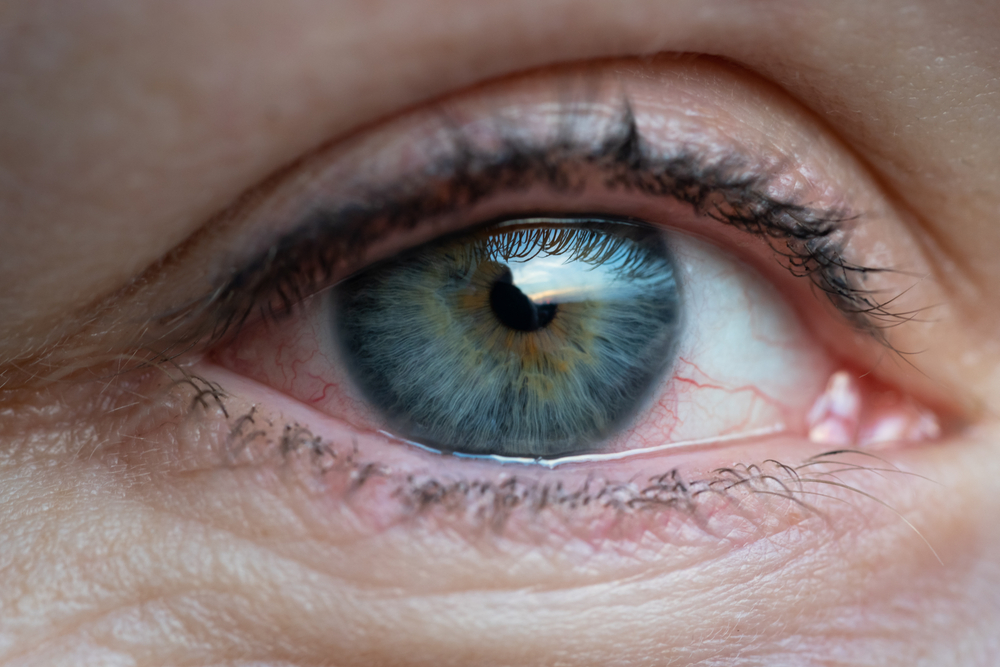

Understanding the underlying causes of dry eye syndrome is the first step in finding effective treatment options. By understanding the role of Meibomian Gland Dysfunction, seeking a personalized diagnosis, and exploring the various effective treatment options available, you can develop a comprehensive strategy to manage your dry eye syndrome.
The Role of Meibomian Gland Dysfunction (MGD) in Dry Eye Syndrome
Meibomian Gland Dysfunction (MGD) plays a crucial role in the development and progression of dry eye syndrome. These specialized glands in your eyelids produce an oily substance called meibum, which helps to prevent the rapid evaporation of your tear film. When these glands become blocked or dysfunctional, the tear film becomes unstable, leading to increased evaporation and a lack of adequate lubrication for your eyes.
The Importance of Diagnosis for Personalized Treatment
Effective treatment of dry eye syndrome requires a personalized approach, and accurate diagnosis is the key to unlocking the right solutions for your specific needs. Your optometrist will perform a comprehensive evaluation, including various tests and assessments, to determine the underlying causes of your dry eye condition.
This diagnostic process may involve evaluating the quantity and quality of your tear production, assessing the health of your Meibomian glands, and identifying any contributing factors, such as environmental or lifestyle influences. The Oculus is a specialized instrument used by eye care professionals to assess the health and function of your tear film and Meibomian glands. By providing detailed insights into the underlying causes of your dry eye, the Oculus can help guide your optometrist in developing a personalized treatment plan that addresses your specific needs.
Effective Treatment Options for Dry Eye Syndrome
Optase products include a range of warm compresses, lid cleansers, and nutritional supplements that can help support the health of your Meibomian glands and reduce inflammation. By incorporating these targeted solutions into your daily routine, you can take an active role in managing your dry eye syndrome and improving your overall eye health.
One innovative treatment option for dry eye syndrome is OptiLight, a cutting-edge procedure that utilizes intense pulsed light (IPL) technology. OptiLight works by targeting the underlying causes of dry eye, specifically addressing Meibomian Gland Dysfunction (MGD). By addressing the root causes of your dry eye, OptiLight can provide long-lasting relief from your symptoms, allowing you to enjoy improved comfort and visual clarity.
Another innovative treatment option for dry eye syndrome is OptiPlus, a thermal pulsation therapy that helps to unclog and express the Meibomian glands. This advanced procedure uses a specialized device to apply a combination of heat and gentle pressure to the eyelids, effectively clearing the blocked glands and restoring the natural production of meibum. By improving the quality and stability of your tear film, OptiPlus can provide long-lasting relief from the symptoms of dry eye syndrome. This treatment can be particularly beneficial for individuals with severe or persistent Meibomian Gland Dysfunction, helping to address the root cause of their dry eye condition.
Schedule Your Dry Eye Evaluation with Quick Vision Today
Dry eye syndrome can be a frustrating and debilitating condition, but with the right treatment approach, you can take control of your eye health and find relief from your symptoms. By incorporating Optase products, exploring innovative treatments like OptiLight and OptiPlus, and utilizing advanced diagnostic tools like the Oculus, you can take an active role in improving your overall eye health and quality of life.
Are you ready to take the first step in addressing your dry eye syndrome? Schedule a consultation with Quick Vision to explore the personalized treatment options that can provide you with long-lasting relief. Visit our office in Vincennes, Indiana, or call (812) 255-0559 to book an appointment today.











